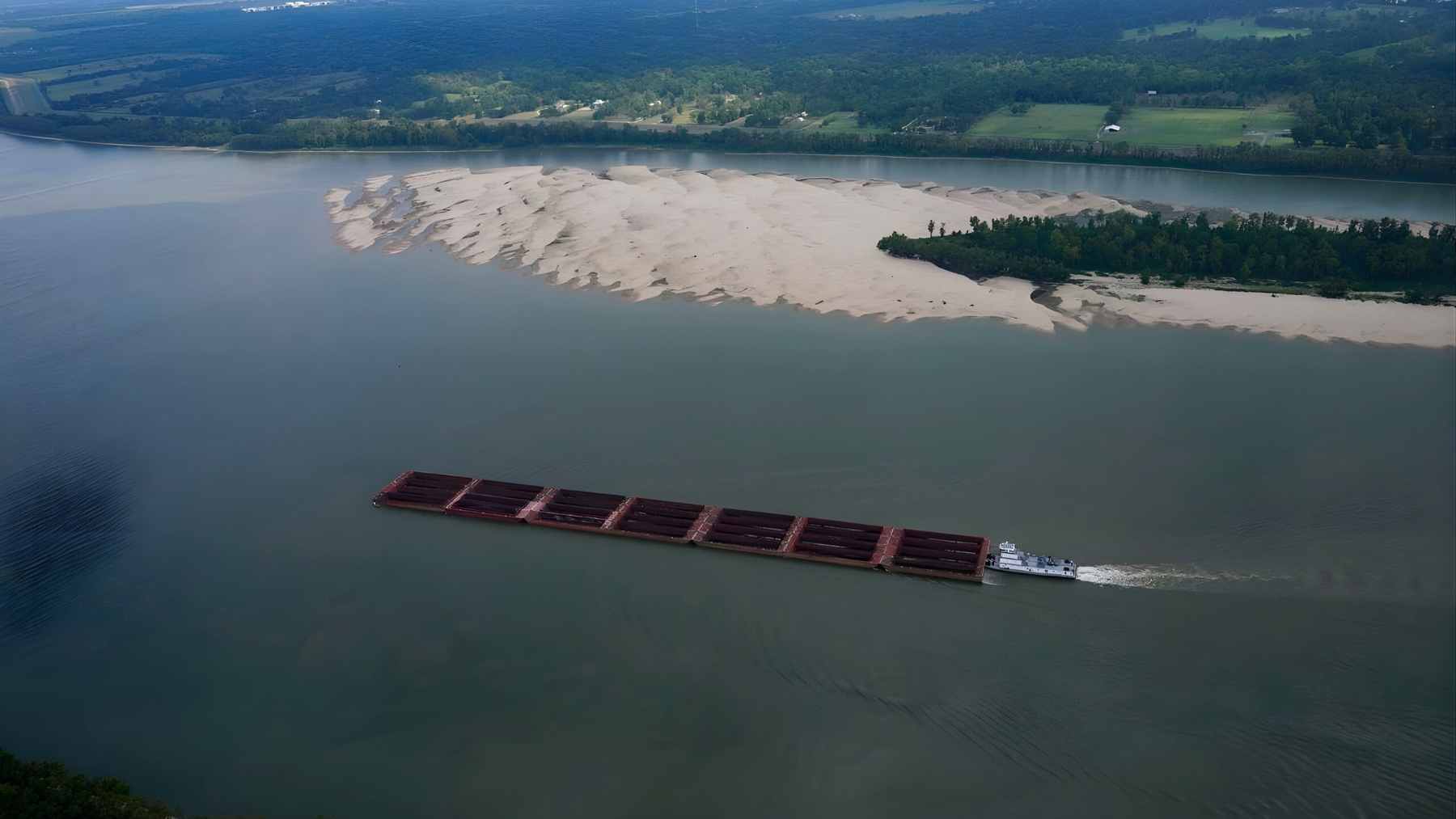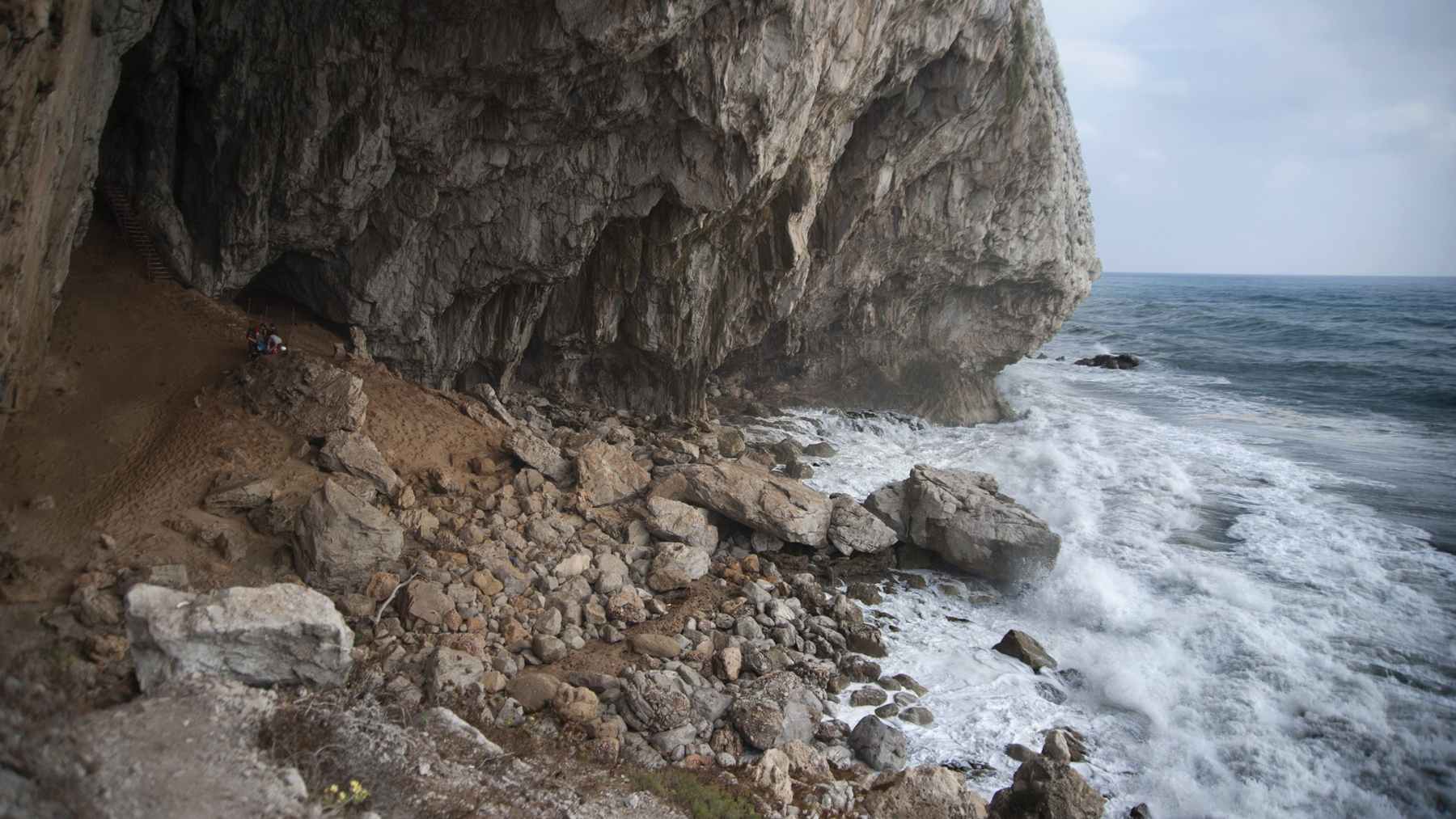The Internet, once thought to be an eternal archive of human wisdom, is becoming increasingly unstable. New research reveals that a growing portion of the web is disappearing, leaving behind a vast, empty void.
According to the Pew Internet & American Life Project, an alarming 39% of all active web pages from 2013 have already vanished. Even newer pages are rapidly disappearing, raising serious concerns. This phenomenon leads to a chilling question: can we maintain the Internet for future generations, or is our digital history at risk of permanent loss?
At the forefront of the fight to preserve this digital heritage is the Internet Archive, a non-profit organization dedicated to keeping our online past alive.
How the Internet Archive is battling time, law, and technology to preserve our digital past
Founded in 1996 by Brewster Kahle, the Internet Archive is one of the most significant undertakings in digital preservation. As a comprehensive digital library, it stores web pages, books, videos, and more. To date, the archive has preserved a staggering 866 billion web pages, 44 million books, and 10.6 million videos.
Its most recognized feature, the Wayback Machine, lets users revisit deleted or altered websites, offering a glimpse into the past through a unique “time machine for the Internet.” But this monumental effort faces severe challenges.
Financial, technological, and legal hurdles threaten the Internet Archive’s mission. In 2023, the organization suffered a major legal blow when a court ruled against its digitization and lending of books, accusing it of violating copyright laws. This ruling not only hinders its book preservation efforts but also casts doubt on the future of its broader mission.
Moreover, the Internet Archive faces significant technical vulnerabilities. In May 2024, the organization experienced a Distributed Denial of Service (DDoS) attack, exposing its susceptibility to cyber threats. Should the Archive fail, a significant portion of the digital world as we know it may be lost forever.
Digital decay and why the disappearance of online content is a global crisis
Digital decay is not just limited to aging websites or forgotten blogs. According to the Pew Research Center, an alarming 9% of web pages created between 2013 and 2023 have already disappeared. These include crucial government information, news articles, and academic references.
Wikipedia, one of the most heavily used online resources, is plagued by “link rot,” where more than half of its articles contain at least one broken link. This phenomenon, called “link rot,” happens when hyperlinks break or their target websites no longer exist. But this is not merely an inconvenience; it’s a profound loss of our society’s collective memory.
Researchers, historians, and everyday users will find it increasingly difficult to access the information that forms the backbone of our understanding of the recent past. The problem extends beyond traditional websites. Social media platforms, which have become central to modern communication, are also vulnerable.
For instance, 15% of tweets are deleted within months of posting, and entire social media accounts can vanish with a simple click. This ephemeral nature of digital content underscores the urgent need for comprehensive archiving efforts to preserve our history.
How governments, organizations, and individuals can help secure our digital future
While organizations like the Internet Archive are leading the charge to preserve digital history, the responsibility should not fall solely on their shoulders. Both governments and private institutions must play a part in safeguarding digital content. Implementing public policies that mandate the preservation of critical digital resources, much like the policies that exist for books and physical documents, would be an essential step forward.
Moreover, individuals can also take part in these preservation efforts. Simple actions such as backing up important data, saving web pages, and contributing to archiving projects can make a difference. In this era of rapidly disappearing digital information, it is more important than ever to ensure the survival of our online heritage for future generations to study, reference, and understand.













